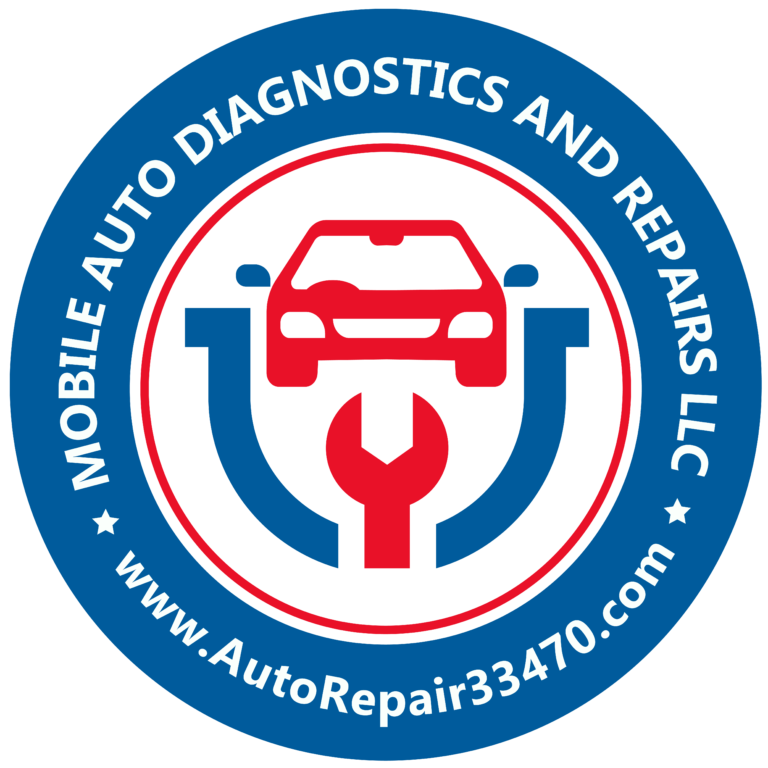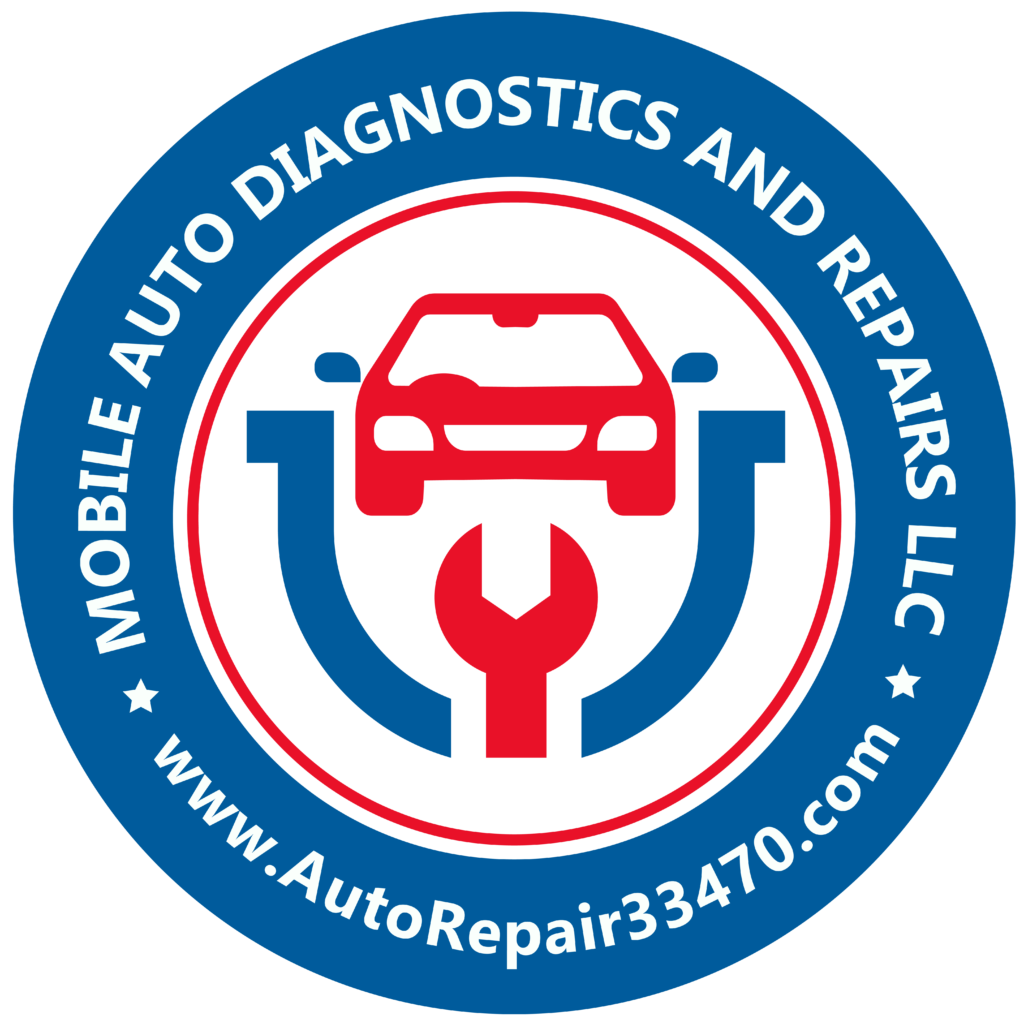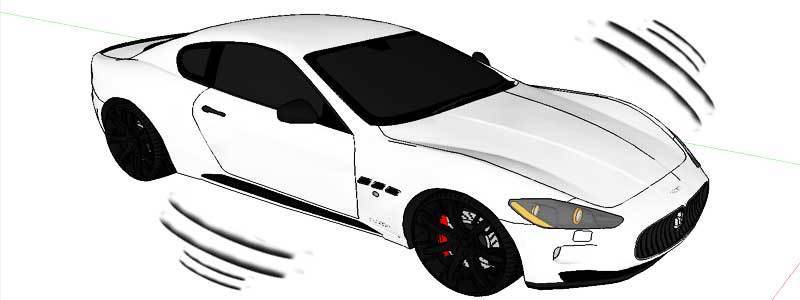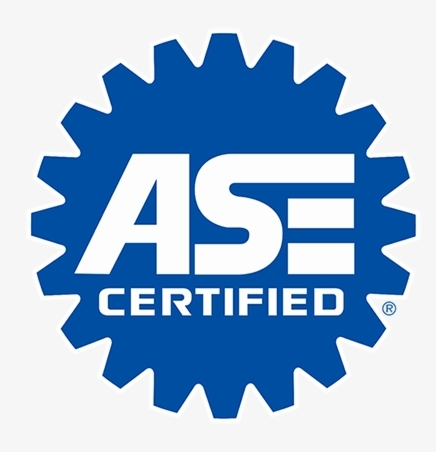There are lots of common causes of engine vibration in a car, and they all result in shaking and noises that can be quite alarming and sometimes scary. However, if you know what some of the most frequent causes of engine vibration are, it will help you not only to avoid too much stress and worry, but also to know how to explain the problem and symptoms to a car mechanic when the time comes to correct the problem. So, here is a list of some of the most common reasons your car’s engine might shake or vibrate.
1) Broken Motor Mounts: If the vehicle shakes violently or the engine vibrates excessively when stopped at a red light or when parked with the engine on, this may be a good indicator that the motor mounts or transmission mounts on the vehicle are damaged or broken. A good way to tell if this is the problem is to simply put the car in neutral and see if the vibration or shaking decreases a bit. If it does, this is a good sign that there may be problems with your engines motor mounts and you should have the engine inspected by a qualified repair shop or professional mechanic.
2) Worn Out Spark Plugs: In many vehicles a common cause of engine vibration is worn out or faulty sparkplugs. Worn out or dirty sparkplugs will cause the car’s engine to misfire or not properly fire on each and every cylinder. When this occurs, it is commonly referred to as the engine missing or not firing on all cylinders. This can usually be corrected by installing new sparkplugs or correcting other spark or compression-related issues.
3) Brake Trouble: If those bad vibrations appear or intensify only when you apply the brakes, they’re most likely the culprit. Do those bad vibrations appear or intensify when you apply the brakes? If so, there’s a strong possibility that your car is tooling about with a warped brake rotor, or rotors.
The rotor is the shiny, silver disc-shaped component on vehicles with a disc brake system. The rotor can get bent out of shape due to heavy wear and tear — basically, overheating from more stopping than that particular rotor can handle. Instead of being uniformly flat all the way across, a deformed rotor is raised or lowered on part of its surface. The calipers and brake pads, which squeeze the brake rotors to make the car stop, can’t get an even grip on a warped rotor. Hence, vibration.
4) Axle Problems: Even a minor fender bender can cause damage to your car’s axle, which can in turn make the car vibrate. Our vehicles are full of reciprocating, rotating parts that have to fall within certain measurements, or tolerances, in order to perform properly.
If an axle gets bent — which is actually quite easy to do in a collision or other mishap — it will create a jostle of a ride afterward. With this problem, the vibrating often picks up in intensity the faster you drive.
5) Loose or Disconnected Hoses: Loose or disconnected hoses can also be a common cause of many types of engine vibration. A loose or disconnected air hose or vacuum hose can cause quite a bit of violent shaking and vibration in your car’s engine.
6) Faulty or Poorly Adjusted Fuel Intake System: Another common problem that causes engine vibration and nasty shaking is a poorly adjusted fuel intake system. Sometimes, idling problems that cause engine vibration may be as simple as adjusting the idle on a carburetor or cleaning components in the fuel intake system so that fuel passes through the engine more easily creating cleaner and more efficient combustion your car’s engine.
DISCLAIMER AND RECOMMENDATION
These issues have to be looked at and repaired by an experienced ASE certified auto repair shop and not do the repairs yourself.
Nadia, the owner of Mobile Auto Diagnostics and Repair LLC has 18 years of hands on experience in repairing all kind of vehicles. She has 11 ASE certifications, one of which is an ASE Master Mechanic certification.
Nadia’s auto repair business is by invitation only and is not open to the public. Please contact Nadia by phone or e- mail found on this website. Nadia accepts cash, checks and/or major credit cards.



